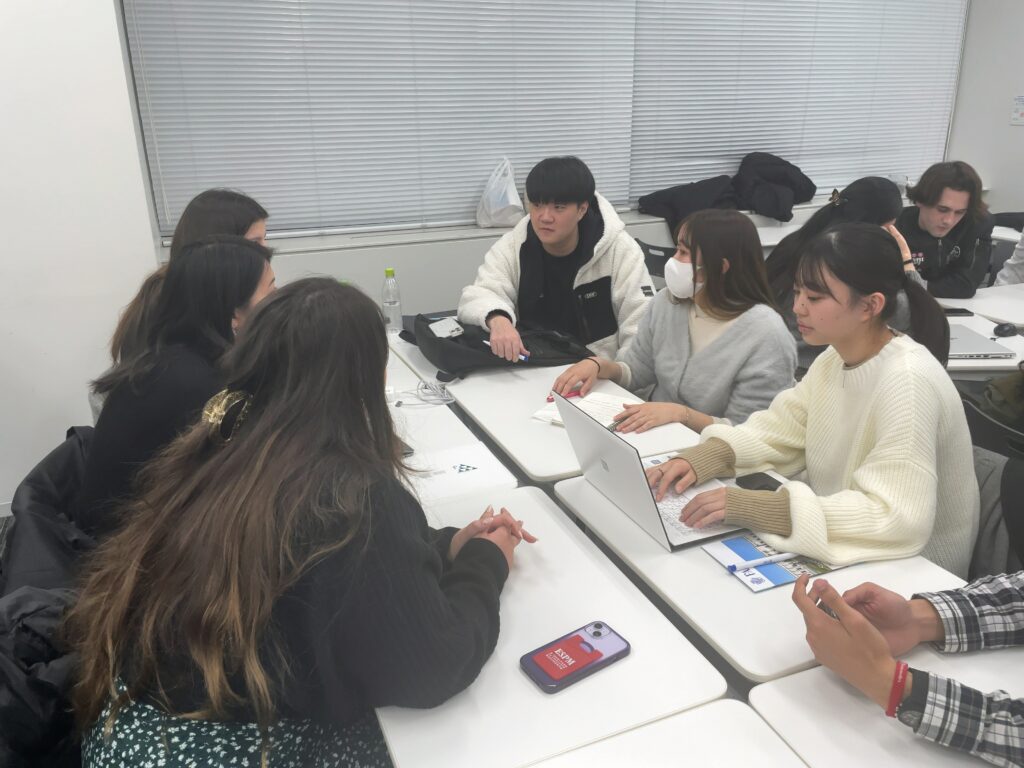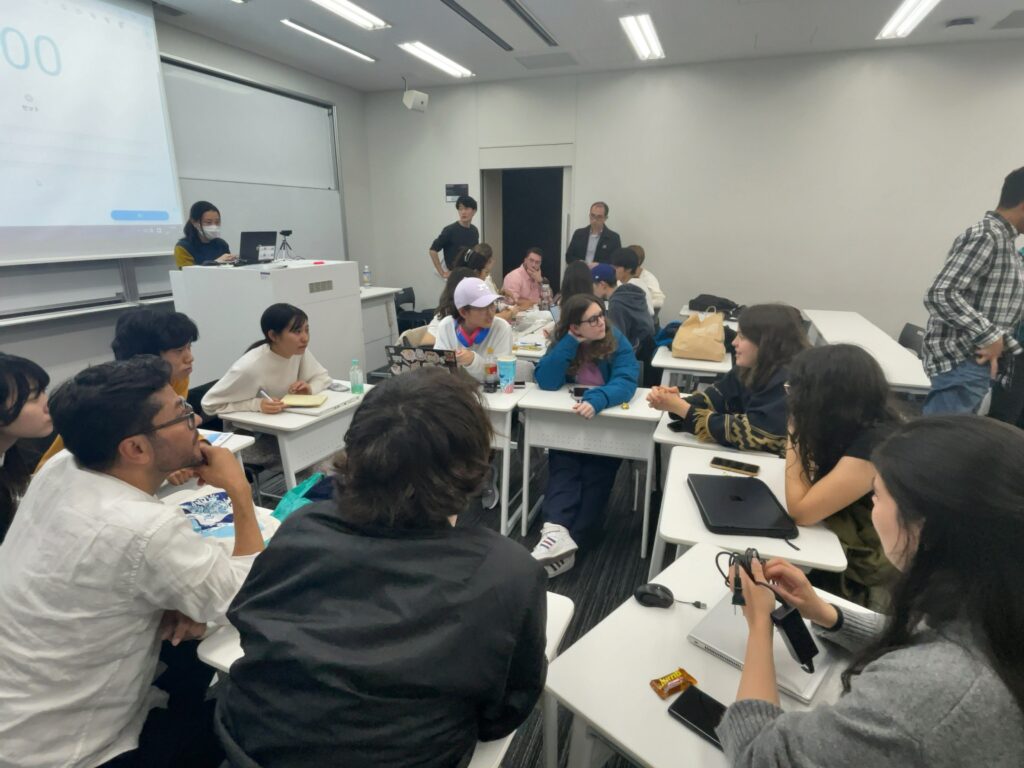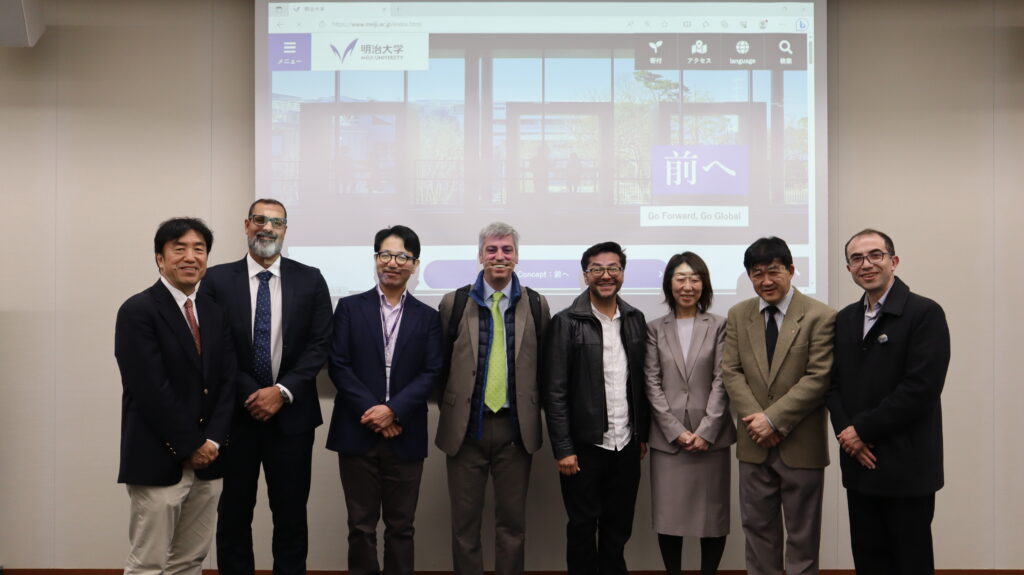On December 13th, SEED Participants visited a Latin American Studies’ course in charge of Professor Keisuke Dan at Meiji University. Here both Japanese and Latin American students dialogue about common points regarding economic and social situations that Japan shares with Argentina, Brazil and Colombia. Before the meeting, students were assigned topics to research, such as Economic Gaps and Labor Issues. After the discussion, students were able to identify many similarities between Japan and Latin America, although the severity of each problem varied from country to country.
Here are some comments from the students who participated in the meeting!
“To be honest, it was shocking that even if our cultures were different, we ended up having some common issues in term of labor market. Also, it was interesting that contrary to us, the Japanese group not only showed problems, but also proposed solutions.”
-A student from SEED Program
“I learned that there are different social issues to focus on depending on the level of development of a country. At the same time, I felt that working on the issues facing Japan could have an impact on the future of South America.”
-A student from SEED Program
“There were many presentations that made it easy to understand what the economic disparities in Latin American countries are and what causes them. I found that the disparity by gender is particularly large, and that educational disparity tends to lead to crime. I was also impressed by the thinking about the possible impact of the cram school culture in Japan on educational and economic disparities.”
-A student from Meiji University
“What impressed me the most in talking with students from Latin American countries this time was that they looked at the working hours in the Japanese educational field and asked “Why? For what purpose?”. They were very shocked to see the long working hours of Japanese teachers. It is true that Japanese teachers work long hours, but I thought it was necessary to look at things from a critical point of view like they did, rather than just accepting the current situation as something that cannot be changed.”
-A student from Meiji University



